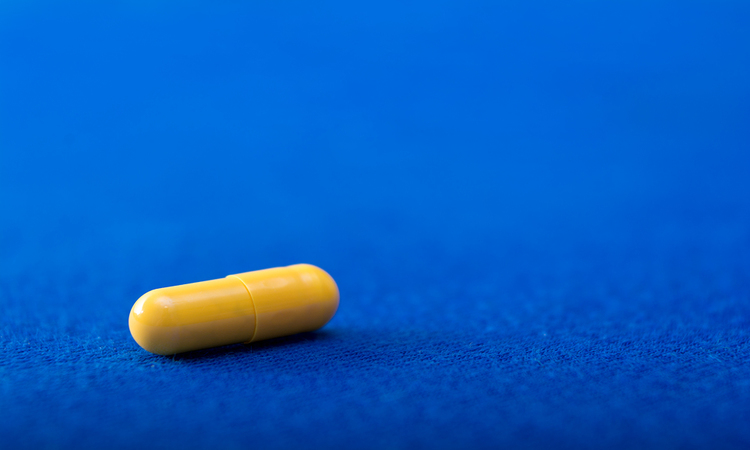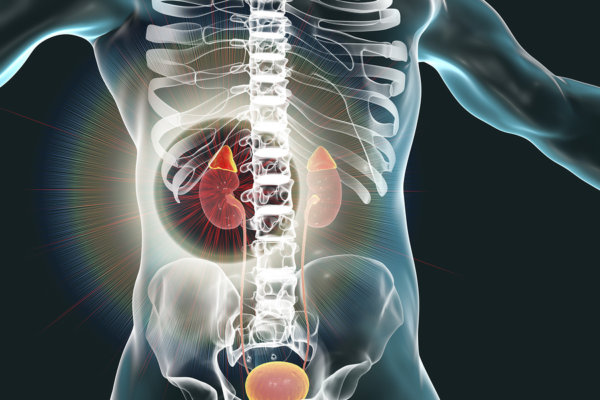
Gabapentin (brand name Neurontin) is a commonly prescribed medication that remains in the body for about 36 hours. Gabapentin has a half-life of 5-7 hours, meaning that it takes this amount of time for the body to eliminate one-half of a dose of the drug.
What Is Gabapentin?
Gabapentin is a prescription medication approved for the treatment of seizures and neuropathic pain related to shingles. Gabapentin may also be used off-label for other purposes, including the following:
- Pain unrelated to nerve issues
- Anxiety that can occur in certain types of psychiatric disorders
- Restless leg syndrome
- Withdrawal symptoms from alcohol and other substances
How Gabapentin Works
The DEA does not classify gabapentin as a controlled substance, but it does require a prescription from a doctor to obtain it legally. It is believed to simulate the action of the neurotransmitter gamma-aminobutyric acid (GABA), which inhibits activity in the central nervous system (CNS).
Gabapentin does not appear to affect GABA receptors directly, and instead, reduces the activity of other neurons through a different but unexplained mechanism. This would explain why gabapentin can address issues like pain, anxiety, and seizures, which are the result of overactivity in the brain.
Gabapentin is not considered to have the same addiction potential as many other prescription pain medications, as on its own, it does not cause euphoria, and it is not as potent as opioids. However, doctors will often prescribe gabapentin with other drugs, and these combinations can result in the more effective treatment of a specific condition. Unfortunately, this approach may, in some cases, lead to some level of drug dependence.
How Long Does Gabapentin Stay in the Body?

Gabapentin is most often consumed orally in tablet form, and as noted, will remain in the body for about 36 hours. Gabapentin is one of the few drugs not broken down by the liver, and instead, is primarily metabolized by the kidneys. Because of this uncommon process, gabapentin does not stay in the body for a very long period.
Gabapentin comes in both immediate- and extended-release forms. The latter continues to release the drug into the system gradually, over time, and therefore the detection window for the drug will be extended, as well.
Drug panel screens do not typically test for the presence of gabapentin because it is not a controlled substance and has a low potential for abuse. However, it can be detected if instructions are put forth to look for the drug specifically.
Gabapentin’s detectability ranges from 5-7 hours for most blood tests. It is not detectable in saliva, and it would be improbable that a hair follicle test would be used to check for gabapentin.
Urinalysis can, however, detect gabapentin for an average of 72 hours, and the broader range of detection would span from 1-3 days in most cases. A urinalysis, although rare in and of itself, is probably the most common method used to test for gabapentin.
Factors That Influence Elimination Time
Due to the way gabapentin is broken down in the body, the dosage may not affect the duration in which the drug stays in the system—at least to the extent of many other substances. Still, taking very high amounts of gabapentin could result in a longer elimination time for the medication.
Other factors can affect the elimination of gabapentin from the body, however, including the following:
- Age, as older people experience longer elimination times Differences in kidney function
- Weight and body mass index, as heavier people will eliminate it more rapidly
- Hydration, because the drug is primarily broken down in the kidneys and eliminated through the urine
Getting Help for Drug Abuse
Although gabapentin is believed to have a relatively low potential for abuse, it does happen. Gabapentin is also commonly misused in conjunction with other drugs such as opioids, which can enhance their effects but also lead to additional complications, including drug dependence and addiction.
Moreover, those who are abusing gabapentin or other substances are urged to seek treatment as soon as possible. The earlier treatment is received, the less arduous the transition back to sobriety will be.
Recovery By The Sea offers comprehensive programs tailored to each individual’s unique needs and goals. We feature a variety of therapeutic services that are clinically proven to be extremely beneficial for the recovery process, including psychotherapy, counseling, group support, aftercare planning, and more.
Are you ready to take that first step to long-term sobriety and wellness? If so, contact us today and find out how we can help you get started, one day at a time!
READ THIS NEXT: Is Gabapentin Addictive?